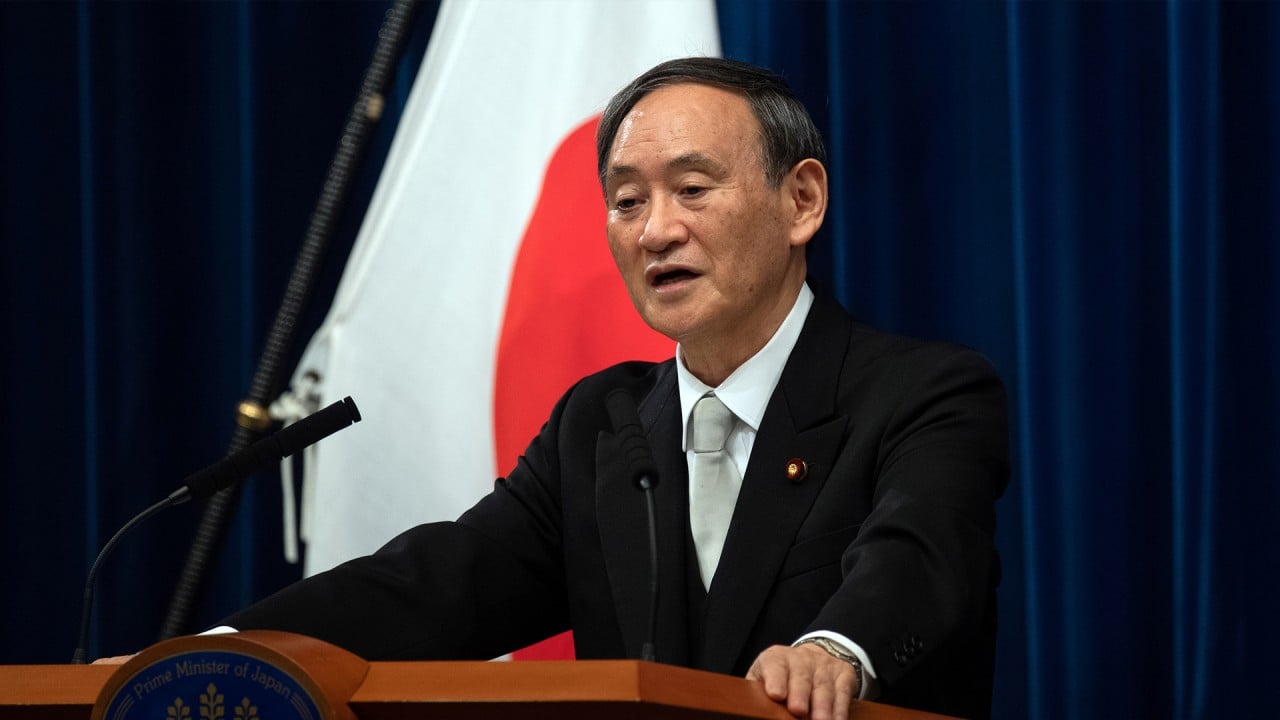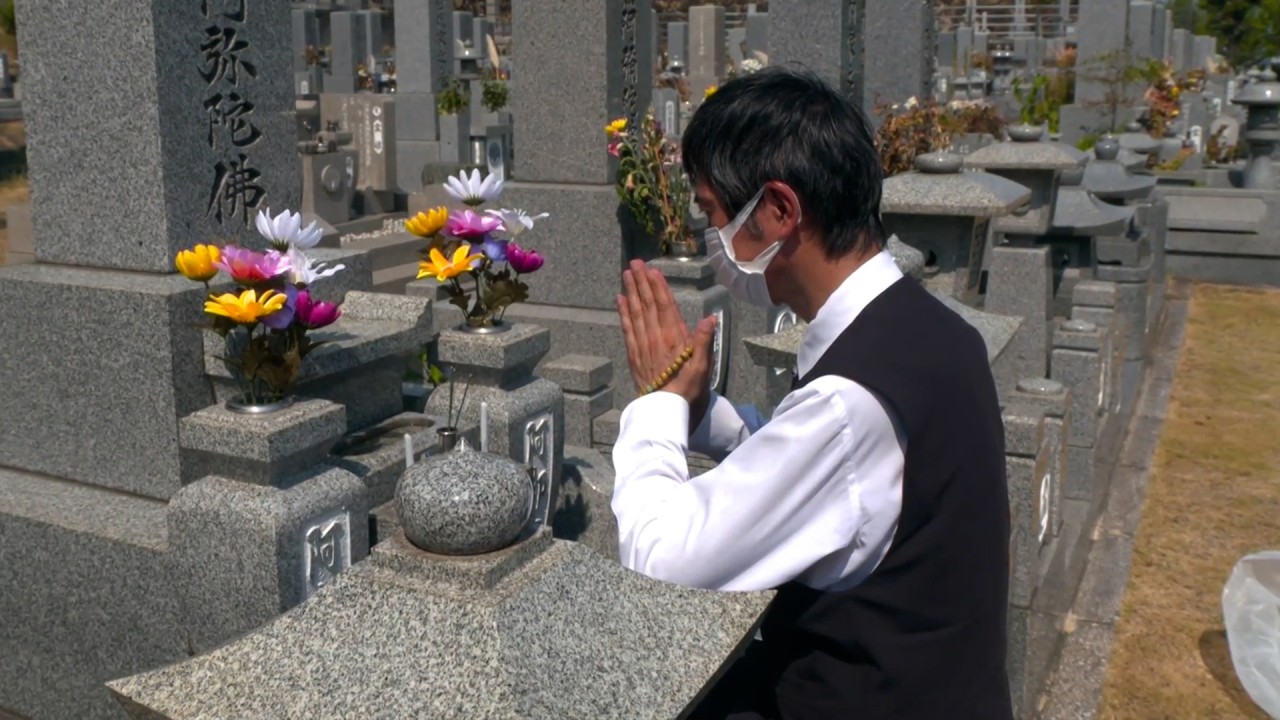
The yen is rising yet Japan’s economy is slumping. Call it pandemic economics
- It might seem odd that an economy with as many problems as Japan’s should have a currency that enjoys safe-haven status. But, whenever international tensions rise or the global outlook darkens, the yen tends to appreciate
That sounds like a recipe for a perfect economic storm that would normally be associated with local currency weakness. Yet, the foreign exchange market currently likes the Japanese yen.
Japan’s currency hit a seven-week high against the US dollar last week, while also making some gains versus other currencies such as the Australian dollar, the British pound and the euro. That’s clearly yen strength and not just US dollar weakness.

02:11
Japan’s new PM Yoshihide Suga inherits economic woes, Tokyo Olympics challenge
Bank of Japan governor Haruhiko Kuroda said last week that it would “take measures to ease the strain from Covid-19”, which would mean continuing with “powerful monetary easing” and striving to support the economy and achieve the central bank’s price target.
Yoshihide Suga: who is Japan’s new prime minister?
But these are not ordinary times, and during the pandemic, many major central banks (though notably not China’s) have adopted, and extended, monetary policies first developed by the BOJ to address Japan’s situation.
Consequently, in a pandemic world, Japanese monetary policy no longer appears notably more ultra-accommodative than that of other major economies such as the euro zone and the United States.
This has implications for Japan’s investors, who have long pursued higher yields in overseas bond markets than were achievable with Japanese government bonds.
Decoupling? Let the yuan rise and shine
Then there’s the issue of the Japanese yen as a safe-haven currency. It might seem odd that a country with as many economic problems as Japan should have a currency that commonly exhibits safe-haven characteristics but that’s how the market sees it. When international tensions rise or the outlook for the global economy darkens, Japan’s currency tends to appreciate.

02:12
Japanese taxi company offers service to pay respects at family graves
After all, the art of the trade always lies in recognising what the crowd will do before the crowd itself knows and, in any currency play, it’s not where the price is that matters, it’s where it’s going to be.
Markets may deliver yet more yen strength whether policymakers in Japan like it or not, and Tokyo doesn’t have a lot of levers it could pull to stop the yen from rising.
The Japanese economy has many problems but, for now, Japan is the land of the rising yen and it could well remain so.
Neal Kimberley is a commentator on macroeconomics and financial markets

